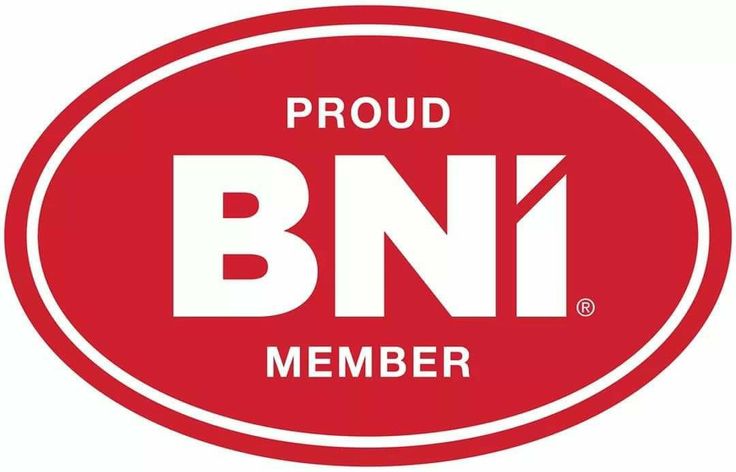Gotra List with Surnames – Understanding the Sacred Lineage
In Hindu tradition, Gotra holds a very important place. It represents a person's lineage, tracing back to the ancient Rishis (sages) who were the originators of their clan. The concept of gotra helps in preserving the purity of the family line and holds strong religious, social, and cultural significance even today.
Let’s explore what gotra truly means, its historical background, its relation with surnames, and a detailed list of common gotras and associated surnames.
By Team BookMyPooja
What is Gotra?
The word Gotra is derived from two Sanskrit words — Go (meaning cow) and Trahi (meaning shed or protection). Thus, "Gotra" refers to a lineage or family tree that protects the traditions and culture of a particular Rishi's descendants.
Originally, the gotra system was meant to identify families descended from a common male ancestor, who was a revered sage. It is believed that people belonging to the same gotra are descendants of the same ancestor and hence, are considered siblings. Therefore, in marriage customs, it is important that the bride and groom must belong to different gotras.
Importance of Gotra in Hindu Culture
- Marriage Restrictions: In most Hindu communities, marriage within the same gotra is prohibited to avoid genetic issues and maintain social order.
- Rituals and Ceremonies: During religious rituals like Poojas, Samskaras (rites), and Shraddha Karma, the gotra name is often chanted to invoke blessings from ancestors.
- Preservation of Heritage: Gotras act as a living heritage, linking a person to the roots of Vedic civilization.
Origin of Major Gotras
Hindu scriptures mention the Saptarishis (seven great sages) whose descendants formed the primary gotras. Over time, these gotras diversified into many branches.
The ancient sages associated with original gotras are:
- Bhrigu
- Angiras
- Atri
- Vasishta
- Kashyapa
- Gautama
- Bharadwaja
- Agastya
- Vishwamitra
- Jamadagni
Descendants from each Rishi took his name as their Gotra.
Gotra List with Common Surnames
Here is a detailed list associating popular gotras with common surnames. Please note, surnames and gotras may vary by region and community.
- Bharadwaja Gotra – Common surnames: Sharma, Bharadwaj, Tripathi, Dwivedi
- Kashyapa Gotra – Common surnames: Sharma, Kaushik, Bhardwaj
- Vasishta Gotra – Common surnames: Sharma, Vashisht, Bhatt
- Gautama Gotra – Common surnames: Gautam, Goutam, Tripathi
- Bhrigu Gotra – Common surnames: Bhargava, Vashistha, Pandey
- Angiras Gotra – Common surnames: Angirasa, Sharma, Shukla
- Atri Gotra – Common surnames: Atreya, Sharma, Shukla
- Vishwamitra Gotra – Common surnames: Kaushik, Vishwamitra, Sharma
- Agastya Gotra – Common surnames: Agastya, Agastyar, Iyengar
- Jamadagni Gotra – Common surnames: Jamdagni, Bhardwaj, Pandit
- Pulastya Gotra – Common surnames: Pulastya, Mishra, Pandey
- Pulaha Gotra – Common surnames: Pulaha, Upadhyay
- Kratu Gotra – Common surnames: Kratu, Pathak
- Marichi Gotra – Common surnames: Marichi, Pandit
- Vamadeva Gotra – Common surnames: Vamadeva, Dwivedi
How Gotras and Surnames are Connected
- Surnames like Sharma, Tripathi, Mishra, Iyengar, etc., usually suggest a person's caste or profession historically.
- Gotras represent ancestral lineage and are mentioned during marriage alliances and religious rituals.
- Some people with the same surname may belong to different gotras based on their original ancestral line.
For example:
- Two people with the surname Sharma could belong to different gotras, say one from Bharadwaja and another from Kashyapa.
- Similarly, Tripathis may belong to Gautama or Bharadwaja gotra.
Thus, surname ≠ gotra always, but there is often a close connection.
Why is Gotra Important in Marriage?
According to Hindu traditions:
- Marriage within the same gotra is avoided to prevent genetic similarity.
- It ensures the diversity of bloodlines.
- It maintains the social and religious sanctity of the community.
This ancient wisdom shows the scientific understanding of genetics and social ethics.
Gotra System in Modern Times
Today, many families maintain records of their gotras and ensure that important ceremonies mention them properly. Even in urban, modern settings, gotra continues to play a crucial role in:
- Weddings: Arranged marriages still consider gotras.
- Religious Rituals: Priests ask for gotra names during poojas.
- Identity: Many people take pride in knowing their gotric lineage.
It symbolizes a deep spiritual connection to the ancestors and to India's timeless Vedic tradition.
Conclusion
Understanding gotras and surnames opens a window into the vast and ancient Indian cultural heritage. It’s not just about lineage — it’s about preserving the blessings, wisdom, and energy of the great Rishis who shaped the Hindu way of life.
Whether during a pooja, marriage ceremony, or just tracing your family history, knowing your gotra adds spiritual significance to your life’s important moments.
Having doubts or want to book a pooja?
Fill out the form below and we'll get back to you soon





